Foreign investors find Kyoto real estate cheap
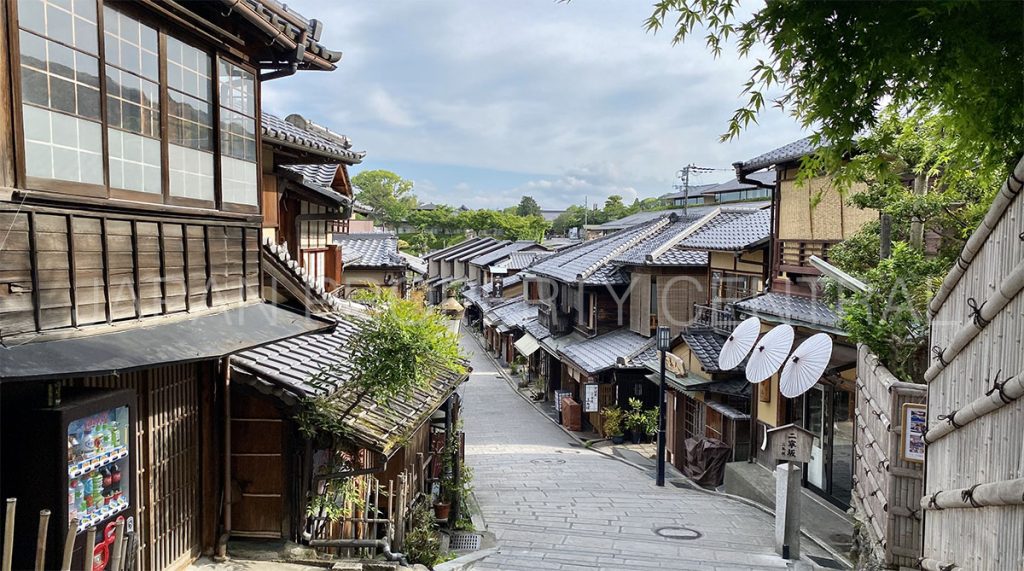
According to the Kyoto Shimbun newspaper, offshore investors are out in force buying up real estate in Kyoto, with property prices in the historic city considered comparatively inexpensive.
Capella Kyoto to open in 2025
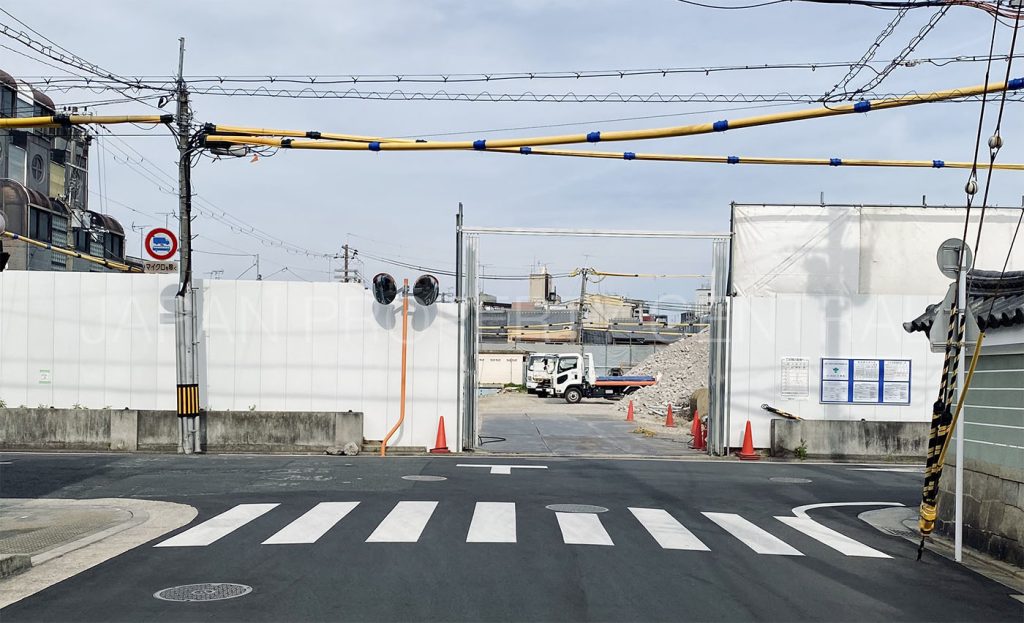
On July 5, NTT Urban Development Corporation announced a management agreement with Capella Hotels & Resorts to open Capella Kyoto in the Higashiyama district.
Japan's rosenka land values increase after 2 years
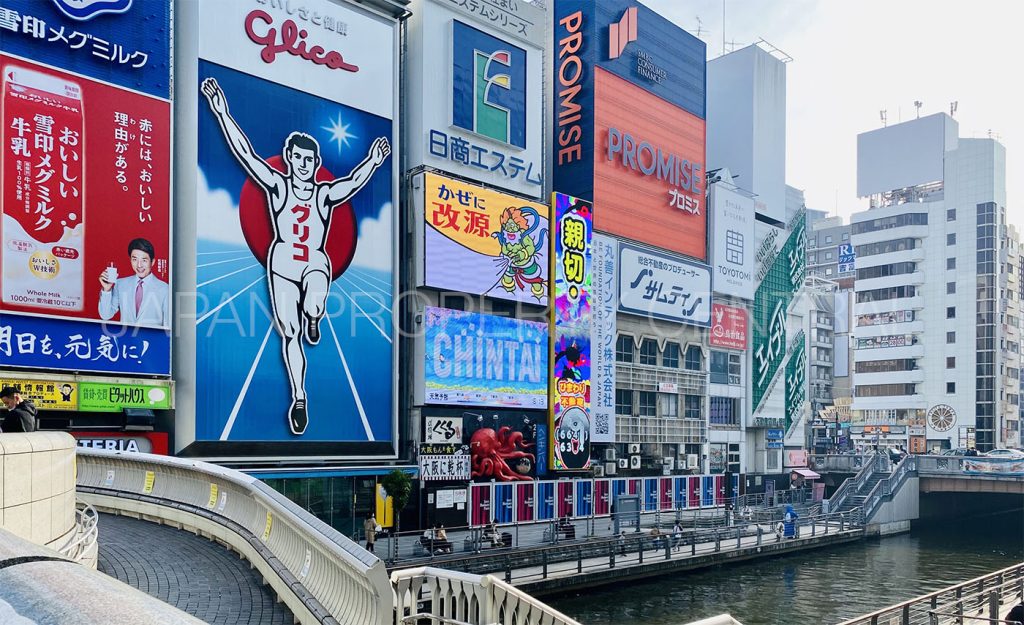
This year’s rosenka land tax values were released by the National Tax Agency on July 1, and it’s been a mixed bag with some areas seeing gains and others losses.
Mori Trust acquires hotel development site in Gion
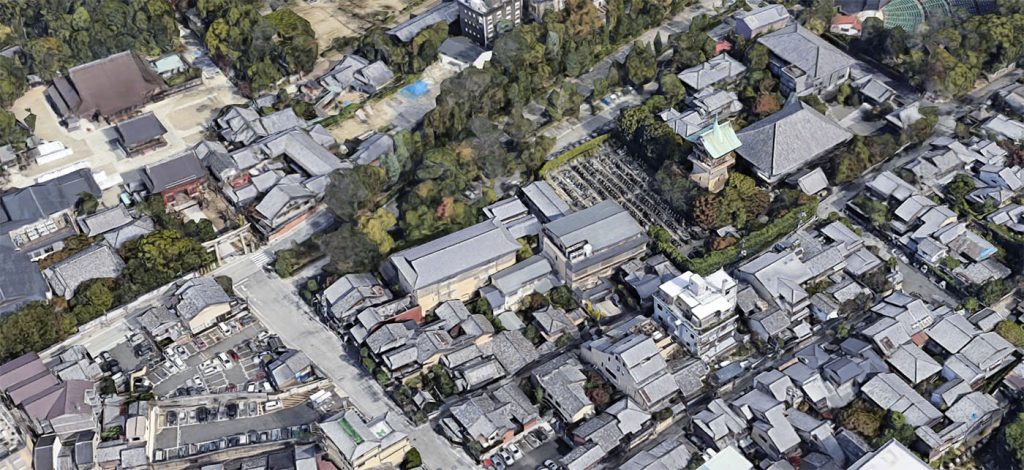
On May 1, real estate developer Mori Trust announced the acquisition of 2,300 sqm of land in Kyoto’s Gion district with the aim of creating a luxury hotel of an international standard.
Hilton to open flagship-branded hotel in Kyoto
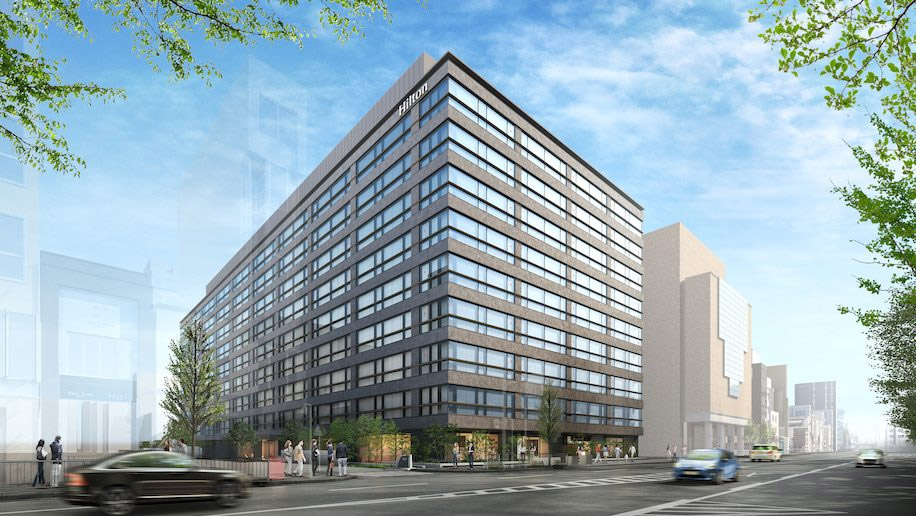
Earlier this month, Hilton announced the signing of an agreement with Tokyo Tatemono to open the first flagship-branded hotel in Kyoto in 2024. The Hilton Kyoto will be located in the Kawaramachi Sanjo district.
Nintendo hotel in Kyoto to open this April
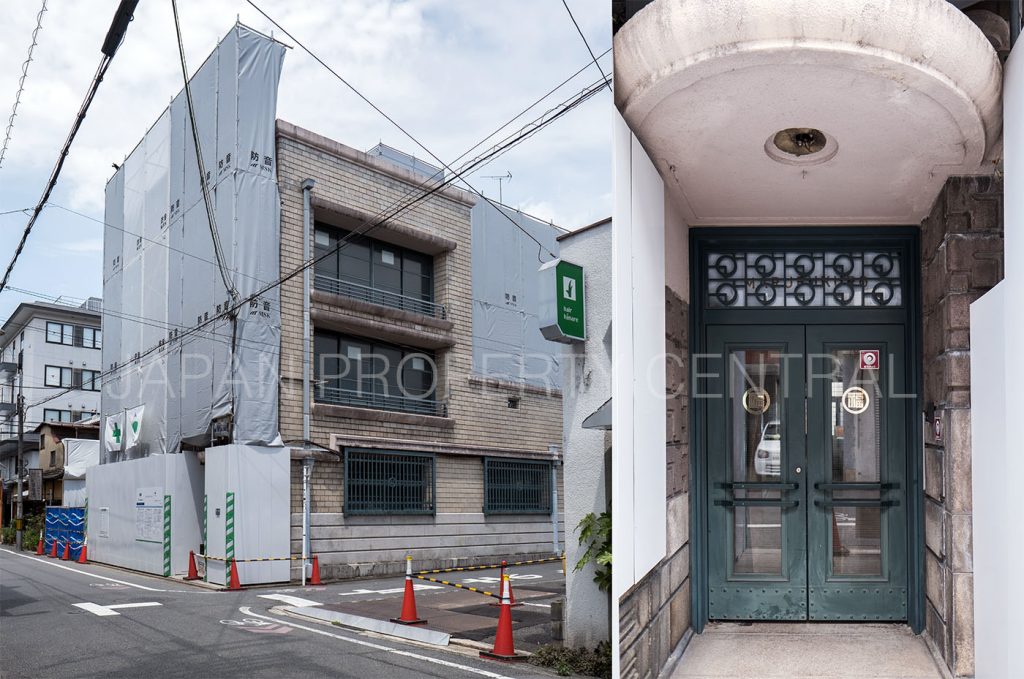
The conversion of the historic former Nintendo headquarters in Kyoto will open as a boutique hotel this April. Called ‘Marufukurō’, it is named after Marufuku, the name of the previous corporate incarnation of Nintendo.
Kyoto may be first city in Japan to introduce a tax on empty homes
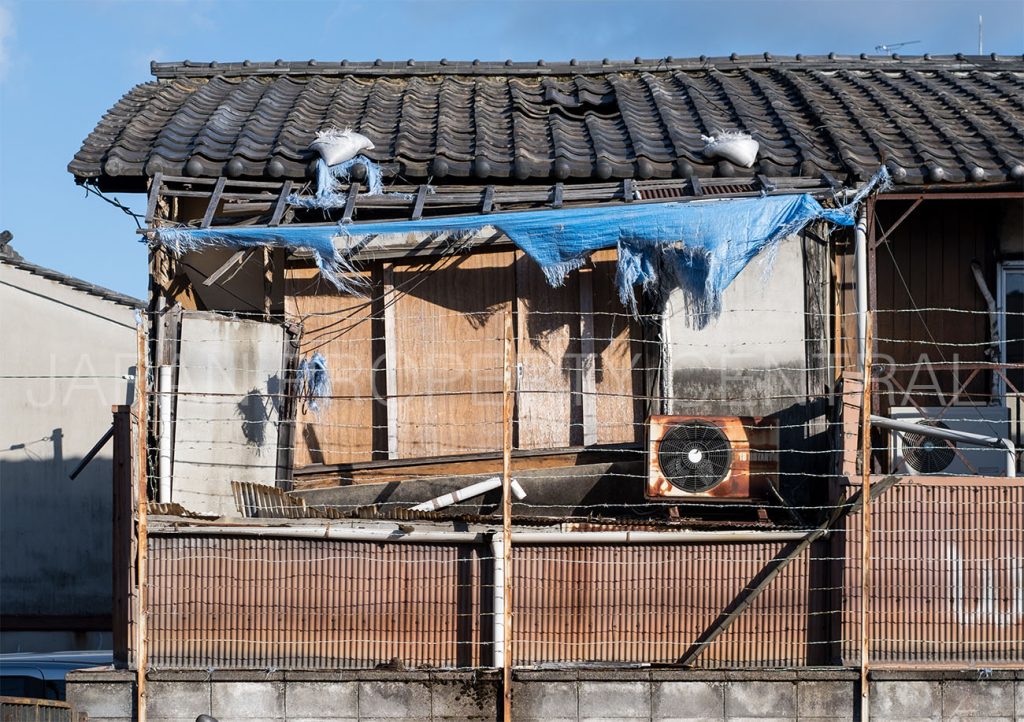
Kyoto City is looking at introducing a special tax on vacant ‘akiya’ homes, in what could become the first akiya tax in Japan.
